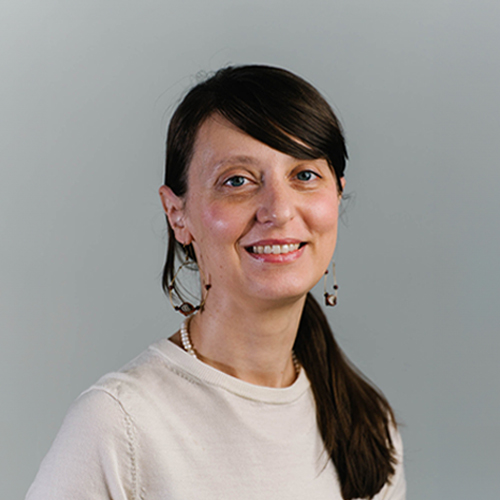2024 Comparative Survey Design and Implementation Workshop
Location: SHARE BERLIN Institute GmbH Berlin, Germany

The main goal of CSDI is to improve comparative survey design, implementation, harmonisation, and dissemination analysis. The CSDI workshops provide a forum and platform for researchers involved in the development and innovation of comparative survey methods.
Our Verian experts presented on a range of topics at 2024 Workshop in March. Further information and links to the presentations can be found below.
Workshop sessions
- Achieving comparability: Telephone and mixed mode probability-based panel survey comparison
- Sampling innovations: Modified adaptive cluster sampling for improved field data collection
- Sampling innovations: A new approach to mapping a minority population
- Data collection challenges and solutions III: Collecting occupation and industry data in cross-national surveys
Monday 18 March 2024 - 9:15 a.m.
Topic: Achieving Comparability
Telephone and mixed mode probability-based panel survey comparison
Presenter Tanja Kimova
Authors: Tanja Kimova, Patrick Moynihan
Time and cost pressures, the availability of alternative sources of data, and societal changes are leading to a move from traditional offline data collection to web or mixed-mode data collection. While mode differences between self-administered web and interviewer-administered telephone surveys are broadly understood, it is not clear to what extent these differences could threaten the comparability of data collected and comprise the integrity of long-standing trends as part of an ongoing cross-national survey.
- Do we observe differences in terms of measurement quality across telephone and web for the same questions?
- Can we explain individual-level differences in data quality using respondents’ characteristics?
Monday 18 March 2024 - 2:30 p.m.
Topic: Sampling innovations
Modified adaptive cluster sampling for improved field data collection
Presenter: Dr David Simon
Authors: Dr David Simon and Jamie Burnett
David will present a paper on a Modified Adaptive Cluster Sampling (MACS) approach to improve the accuracy of field data collection. David is a professor at the Eötvös Loránd University in Budapest. David worked with the Verian team on the Roma 2020 survey. In collaboration with Jamie Burnett, the Head of Methods for Multinational Surveys at Verian they supported FRA with the development of several methodological improvements to the survey of the Roma population across Europe.
Wednesday 20 March 2024 - 9:00 a.m.
Topic: Sampling innovations
A new approach to mapping a minority population
Presenter: Jamie Burnett
Authors: Jamie Burnett
In this presentation we discuss a new approach we developed at Verian to map a minority population across Europe. Developed for the Fundamental Rights Roma survey the approach aimed to minimise processing errors and improve the mapping of the Roma population at a very localised level. We explain the approach, explore it's main benefits before discussing the implementation, lessons learnt and improvements for future surveys.
Wednesday 20 March - 4:45 p.m.
Topic: Data Collection Challenges and Solutions III
Collecting occupation and industry data in cross-national surveys
Presenter: Nicolas Bécuwe
Authors: Nicolas Bécuwe
Collecting detailed and accurate information on respondents’ occupation and industry has always been a key challenge in social research and especially in cross-national surveys. The usual practice in cross-national surveys is to collect this information via open-ended questions with the collection of verbatims that are ultimately recoded into standard international categories: ISCO-08 and NACE .
This practice allows to gather detailed information but is also prone to challenges. The first one is that the coding of these categories are a costly and very long exercise especially when dealing with several countries and large sample sizes. Indeed, it involves many coders who need to be well-trained to understand how to recode verbatims. This involves a long of process of coding and processing the information before it can be fully integrated into the dataset and used for weighting or analysis. Another challenge is the accuracy of the coding. There is a challenge here in the precision of the information provided by the respondents and in the interpretation done by the coders. Finally, with the development of online surveys, the absence of the interviewer and therefore the absence of any control on the information provided is another challenge as there is no possibility to ensure that sufficient and clear information was provided.
The team of SERISS developed databases both for occupation and industry to collect this information. At Verian, we have started to use these databases for the implementation of cross-national surveys for EU institutions targeting the working population. In our presentation, we will draw on our experience of using these databases and provide all the steps taken to implement them in all key stages of the survey: questionnaire design, scripting, translation, piloting, fieldwork, and data processing.
Our latest thinking
Subscribe to receive regular updates on our latest thinking and research across the public policy agenda.
Our expert teams around the world regularly produce research and insights relating to public policy issues.
You can unsubscribe at any time.





.png)
